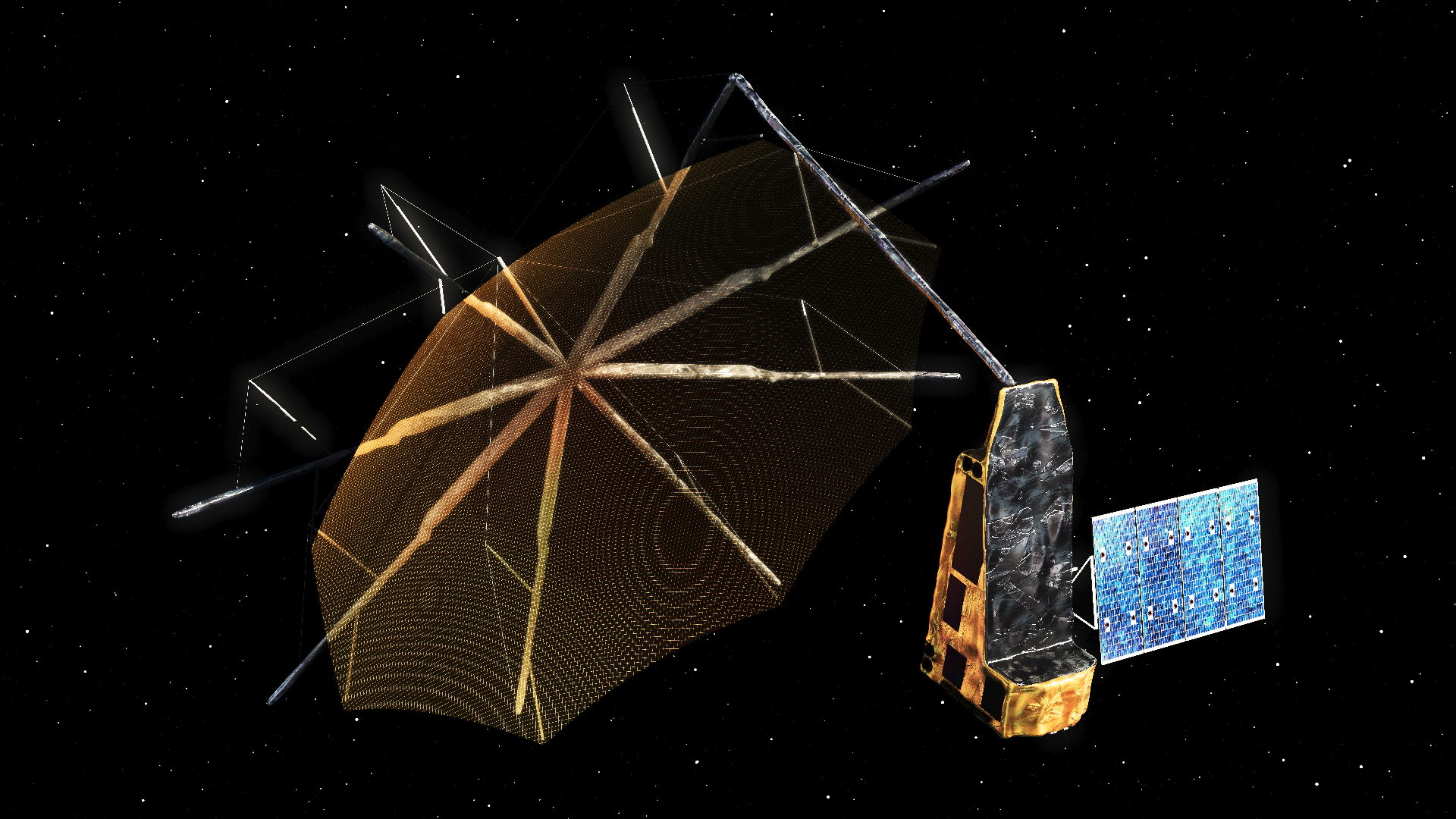ESA’s Biomass satellite closer to launch
4th Nov 2022
The European Space Agency’s (ESA) next Earth Observation satellite is inching closer to launching in 2024 after several pandemic-related delays. Also dubbed Biomass, the satellite has left the Airbus Defence and Space site in Stevenage and is traveling to Toulouse for its final round of testing ahead of the launch. The Earth Explorer’s objectives are to observe tropical rainforests from Low Earth Orbit (LEO) to determine the distribution of “above-ground” biomass and how it changes over the five-year mission, ESA says.
What’s next for Biomass
According to Airbus, the next set of tests for the spacecraft include thermal vacuum tests, mechanical vibration, and acoustic and electromagnetic compatibility testing to represent in-space conditions. The company said the Stevenage team has successfully completed all the mechanical and electric integration testing of its propulsion system. The crew also fitted a reflector and radar instrument into the satellite.
“It’s exciting to see ESA’s forest mission, Biomass, built with backing from the UK Space Agency, setting off to prepare for its mission. It’s the first satellite capable of studying the world’s forests in three dimensions, providing valuable data on how they store carbon”, Dr. Paul Bate, CEO of the UK Space Agency. “With this information, organisations and authorities around the world will be able to measure key changes in our forests, predict what the impact will be, and take early action to prepare for, or even correct, that, as well as work towards critical net zero targets. This is a ground-breaking programme made possible by UK expertise in Earth observation science and we are proud to be a part of it.”
Biomass launch delayed due to pandemic
After Biomass was first selected in 2013 as ESA’s seventh Earth Explorer satellite, member states revealed the launch would take place in 2020. Inevitably the pandemic threw a spanner into the satellite’s development, and the launch was pushed back to 2022. However, ongoing production and manufacturing constraints have delayed it further, and Airbus says it will now launch from French Guiana in 2024. Engineers based in the UK are leading the test campaign in Toulouse, the European manufacturer said.
The satellite is slated to launch to an altitude of 600 kilometers above Earth. It will measure terrestrial carbon stocks and biomasses in rainforests, which include plant-based material that can be used to produce heat, like wood, energy crops, and waste from farms and households. The satellite will carry the first in-space P-band synthetic aperture radar ever, which has a frequency of between 0.3 to 1 GHz and a wavelength of between 100 to 30 centimeters, NASA says. ESA says the satellite will also produce data for monitoring the ionosphere, glaciers, and ice sheets, mapping subsurface geology and deserts and surface topography below vegetation.
“Biomass will be able to measure the world’s forests on a global scale – a true world first. It will give scientists vital information about just how much carbon is locked up and also being absorbed by the “lungs” of the planet enabling better decisions to be made on tackling climate change”, said Richard Franklin, Managing Director of Airbus Defence and Space UK. “This latest milestone builds on the successes of the previous ESA missions Sentinel-5P and Aeolus, confirming Airbus as a leader in Earth observation and environmental monitoring satellite manufacturing.”







Thank you for your comment! It will be visible on the site after moderation.